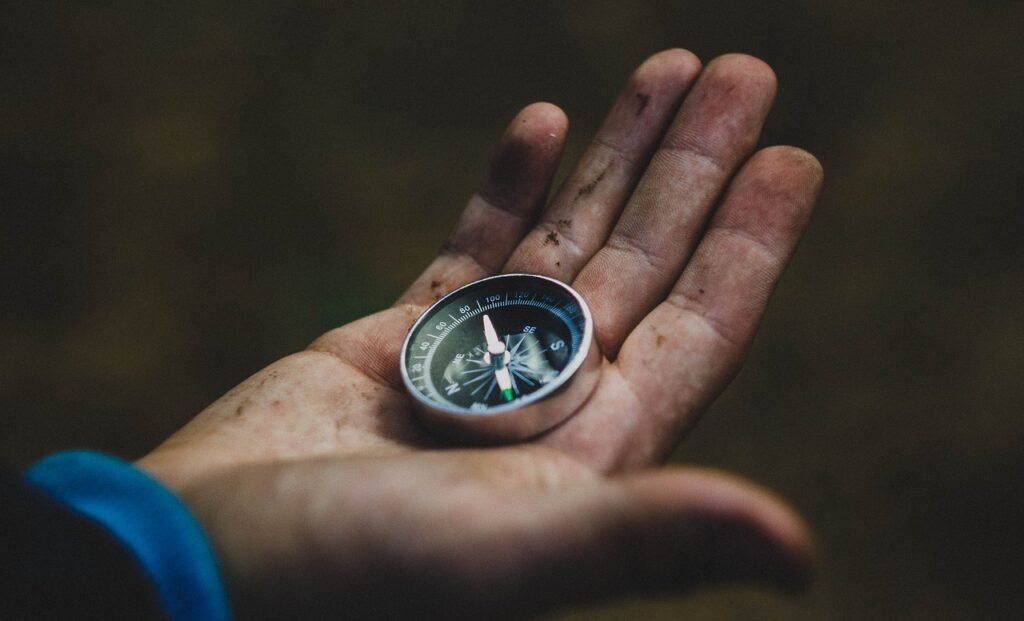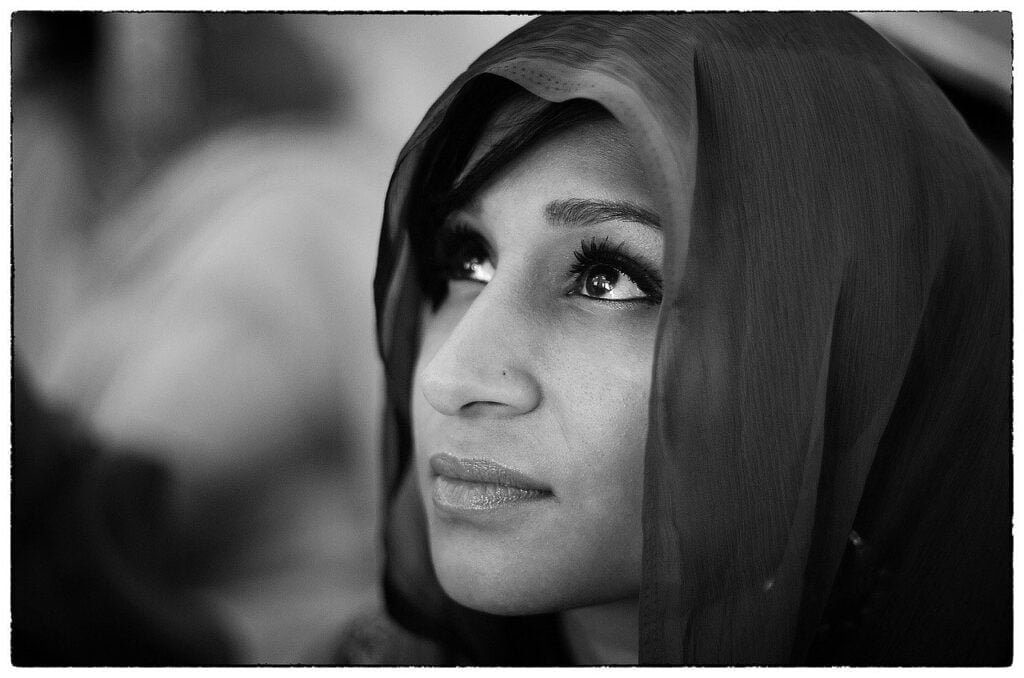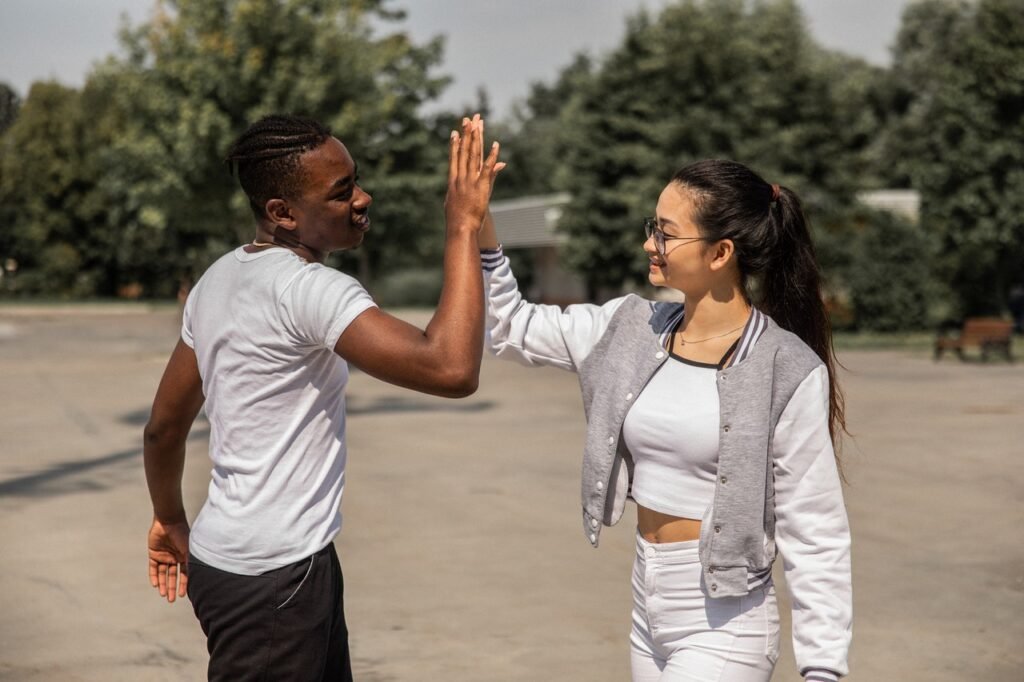What it actually means to take full responsibility for your life?

First and foremost, you must accept the fact that your life is based on the choices and decisions that you made. It could be right or it could be wrong. If you knew all the answers, your choices or decisions will always be right but you know that you never had all the answers. That is why it becomes a decision by choosing between one thing or the other. Once you agree to yourself that this is true, then you can proceed to the other part of responsibility.
You must know that you only have control over yourself and your life and no one else. This includes everything about you, which is within you. What is within you, is what will shine on the outside. Only you know what is within you, your knowledge, your energy level, your strength, your weaknesses, your hands on skills, your capability; your thinking ability and your emotion intelligence. Of course, your decision will be affected by the things within you. If you don’t have much physical strength, you know whether you can lift a bag of cement or not.
It is just like the computer, if some software is not installed in the computer, definitely there are somethings that you cannot do with the computer. Now, don’t you think that it is the same with you?
So, you are responsible for your own limits which is within you. This is the same for everyone else. You can only support another person by sharing your knowledge but not take responsibility for them. It is their responsibility to look within themselves and find what their own shortcomings are. Start to look at yourself often to find out what are the things to improve within you so that you make better choices or decisions in your life. If your energy level is low, find out how you can improve your energy level. If you don’t have much knowledge on how your own mind works, learn it. It is your own responsibility for upgrading yourself.
Does it make sense so far? Taking responsibility for your own well-being is precisely how we are better able to be present for those around us. Support and responsibility are two extremely different approaches. You take responsibility for yourself. You support other people. Do your best not to reverse or mix up the two.
Your responsibility for your life unfolds in the present moment. Not in some bygone era. Not in some future left untold. Not when you graduate. Not when you feel like it. Not when you reach a certain age or make a certain amount of money. It is right now.
This is not something to take lightly. It’s also not something which you should be too anxious about. This is a blessing. You get to be accountable for yourself. What a tremendous gift it is to be able to shape, craft, build, mould, and create your life! It is a privilege to have this responsibility. But it’s only when we recognize it’s ours and ours alone that we can actually seize our power.
So, take responsibility for how you show up in the world. Honor the gift of life by exercising your right to consciously choose. Again, and again and again. Dignify yourself by taking responsibility for your own well-being. It is yours to claim. Focus on being responsible for yourself. As you own this sacred duty, you will discover parts within you that you may have forgotten were there. This is how we rediscover ourselves. This is how we’re better able to show up for others. Giving to yourself is how you learn to give to others. Listen to yourself so you can better lend an ear to others. Be present with your emotions so you can better be present for the emotions of others. Put on your own metaphorical oxygen mask so you can better assist others with theirs. When you take care of yourself, you’re better equipped to take care of everything and everyone else, too.
Once you have a clear thought that you are responsible for yourself, you will manage yourself better. There is one important thing that you must know and that is your responsibility begins with your own mind.
“In the beginner’s mind, there are many possibilities. In the expert’s mind, there are few.” – Shunryu Suzuki.
As you grow older, we often let our thinking and beliefs about what we know prevent us from learning a new perspective. To have a beginner’s mind is to have an open mind. Do you want to experience a beginner’s mind in action? Perhaps we can learn from children.
Observe children and pay attention to how they learn. Notice their passion and curiosity to explore new experiences. Children naturally have a beginner’s mind—an openness to new ideas without expectations. However, as we grow and gain experience, our position and expectation can hinder us from the possibility that the beginner’s mind brings.
Our ‘inner voice’ may create doubt about our ability to learn and do something new. This in turn will affect our responsibility to learn.





Responses